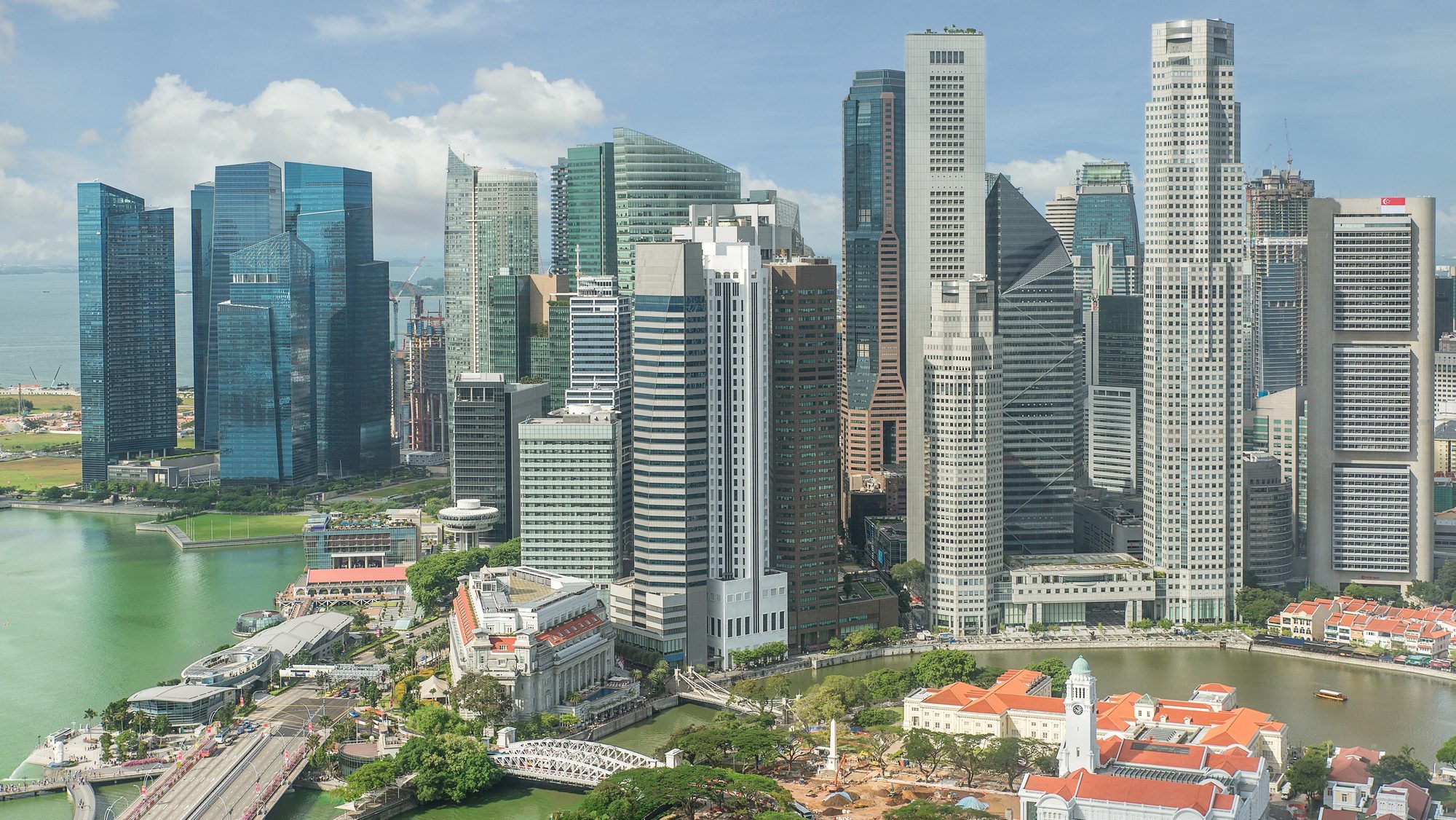SINGAPORE: Singapore’s central bank will likely ease its monetary policy further after US President Donald Trump announced the biggest tariffs in 100 years, raising fears of a global trade fallout and possible retaliation, as reported by Bloomberg.
As of 5 p.m., Wednesday, all 14 economists they surveyed expected the Monetary Authority of Singapore (MAS) to reduce the slope of the Singapore dollar’s nominal effective exchange rate (S$NEER) policy band on Monday.
Although the US dollar strengthened against many Asian currencies after US President Trump’s election win in November, investors have started pulling out of US assets because of the unexpectedly high tariffs. Meanwhile, the Singapore dollar has climbed around 2.9% against the US dollar this year.
Khoon Goh, head of Asia research at ANZ, expects the MAS to cut the slope all the way to 0%, pointing out that “the global outlook has deteriorated significantly.” He said, “With core inflation forecast to stay well below its long-term average levels, the MAS is now firmly focused on growth.”
Singapore was hit with a 10% tariff—much lower than China’s 145%—but as an export-reliant economy, the city-state remains vulnerable to any slowdown in global trade. Prime Minister Lawrence Wong has warned that growth this year will be “significantly impacted” whether Singapore may or may not avoid a recession.
Because of this, Citigroup sees a higher chance of “a more aggressive” move from MAS on Monday, although it still expects a modest 50 basis-point cut in the slope. MAS could also choose to shift the centre of its policy band downward, which would let the Singapore dollar weaken. Barclays Plc. is among those who see a low chance that MAS will reduce the slope and shift the centre of its policy band lower.
Economist Tamara Mast Henderson of Bloomberg Economics said the “outlook for core inflation looks benign.” She noted that growth was already expected to slow after the rebound in 2024 and that global conditions now support more easing, as the heavy US tariffs are starting to disrupt trade flows and stir up turmoil in financial markets.
UBS AG estimates that the impact of the tariffs will hit Thailand and Singapore the hardest, followed by Malaysia, Indonesia, and the Philippines. Citi’s Johanna Chua, citing OECD data, said nearly 7% of Singapore’s gross domestic product (GDP) is tied to US spending—second highest among Southeast Asian countries—leaving downside risks to the city-state. This analysis was made before the US President announced a 90-day pause on the new tariffs while also raising duties on Chinese goods to 125%.
On Monday, UBS economists warned that global retaliation could worsen the risks for trade-dependent economies, predicting a “larger-than-usual” reduction in the slope to a 0% stance. The MAS had already eased in January for the first time in five years.
Selena Ling, head of research and strategy at Oversea-Chinese Banking Corporation, said, “The question is how much to flatten the slope? The MAS has never gone to zero slope in one fell swoop, so it could be somewhat alarming to market watchers.” She added that, with ongoing external economic and trade uncertainties, a gradual and incremental approach may be wise. /TISG
Featured image by Depositphotos

